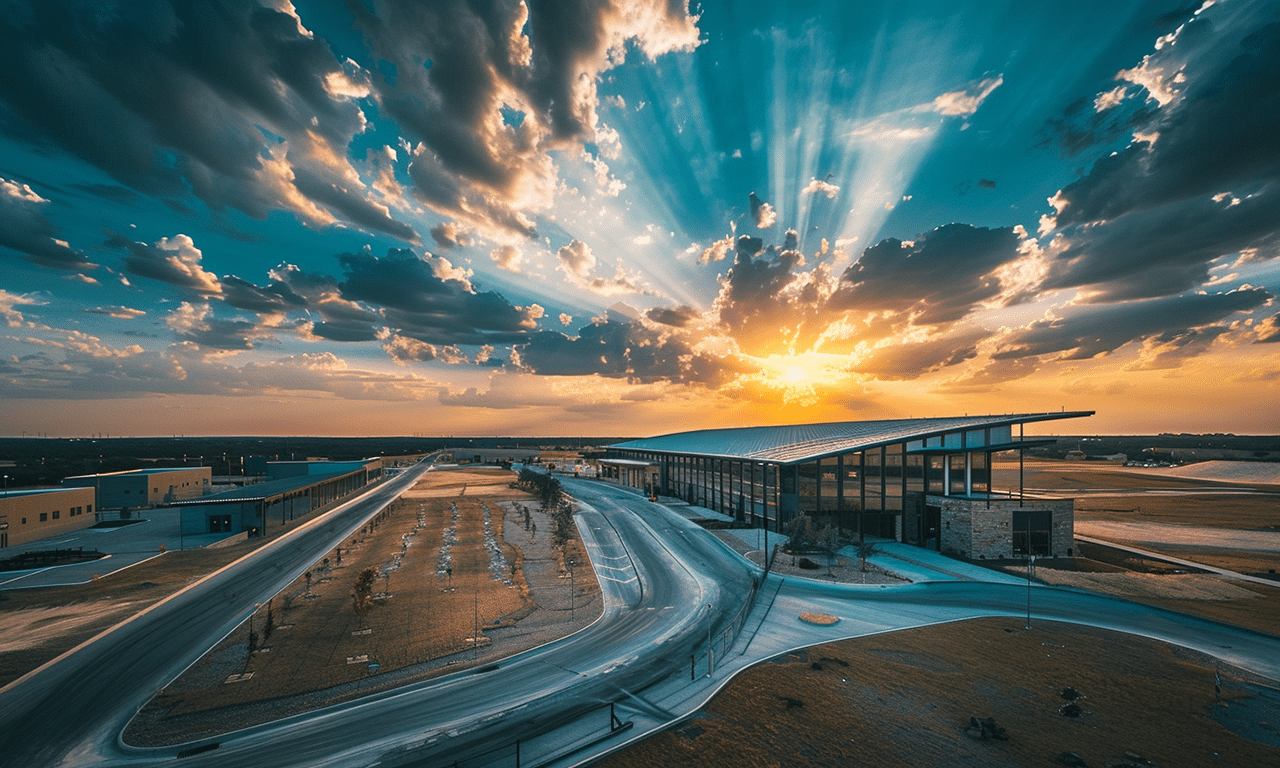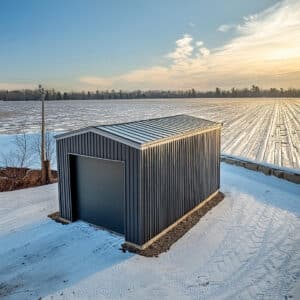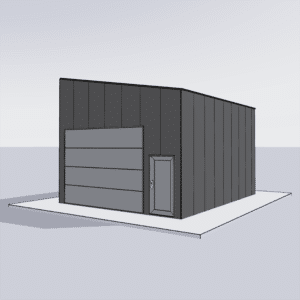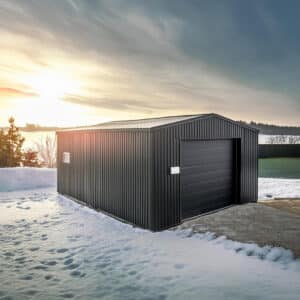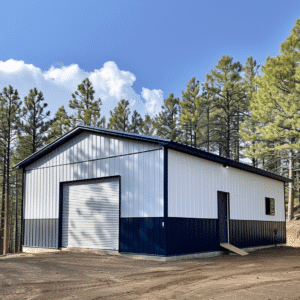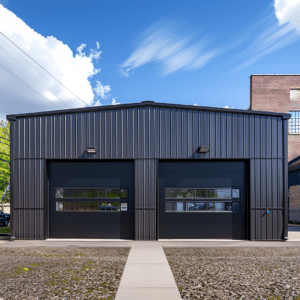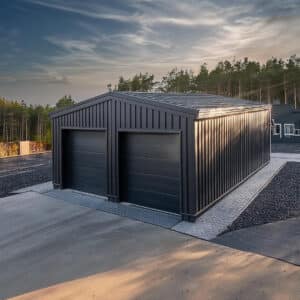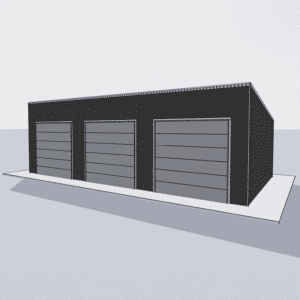The Ultimate Guide to Residential Metal Buildings: Pros & Cons
Metal buildings have gained popularity in the residential construction industry due to their durability, versatility, and cost-effectiveness. If you are considering a residential metal building for your next project, this ultimate guide will provide you with valuable insights into the pros and cons of these structures.
Pros of Residential Metal Buildings
Residential steel building design offers numerous advantages that make them an attractive choice for homeowners. Some of the key benefits include:
1. **Durability**: Metal buildings are known for their strength and longevity, providing a sturdy structure that can withstand harsh weather conditions and resist pests and decay.
2. **Customization**: Residential metal homes can be customized to suit your specific needs and preferences, allowing you to create a unique living space that reflects your style.
3. **Energy Efficiency**: Metal buildings are energy-efficient, as they can be insulated to reduce heating and cooling costs, making them environmentally friendly and cost-effective in the long run.
4. **Low Maintenance**: Unlike traditional wood structures, metal buildings require minimal maintenance, saving you time and money on repairs and upkeep.
5. **Quick Construction**: Residential steel solutions offer fast construction times compared to traditional building methods, allowing you to move into your new home sooner.
For more information on residential steel building design, visit Residential Steel Building Design.
Cons of Residential Metal Buildings
While there are many advantages to residential metal homes, it’s essential to consider some potential drawbacks as well:
1. **Cost**: The initial cost of constructing a metal building may be higher than traditional materials like wood or brick, although the long-term savings in maintenance can offset this expense.
2. **Limited Aesthetic Options**: Some homeowners may find that metal buildings offer fewer aesthetic options compared to other materials, although modern designs can still create visually appealing structures.
3. **Noise Transmission**: Metal buildings can transmit noise more effectively than other materials, so additional insulation may be required if noise reduction is a concern.
4. **Perception**: Despite their growing popularity, some people still associate metal buildings with industrial or commercial use rather than residential properties.
To learn more about residential steel solutions and how they are shaping the future of construction, visit Learn About Residential Steel Solutions.
Canadian Sheet Steel Building Institute Resources
For valuable resources and information on steel building construction in Canada, visit Canadian Sheet Steel Building Institute resources.
The Future of Residential Steel Buildings
Residential steel buildings are paving the way for innovative construction solutions that prioritize sustainability, efficiency, and durability. With advancements in technology and design capabilities


